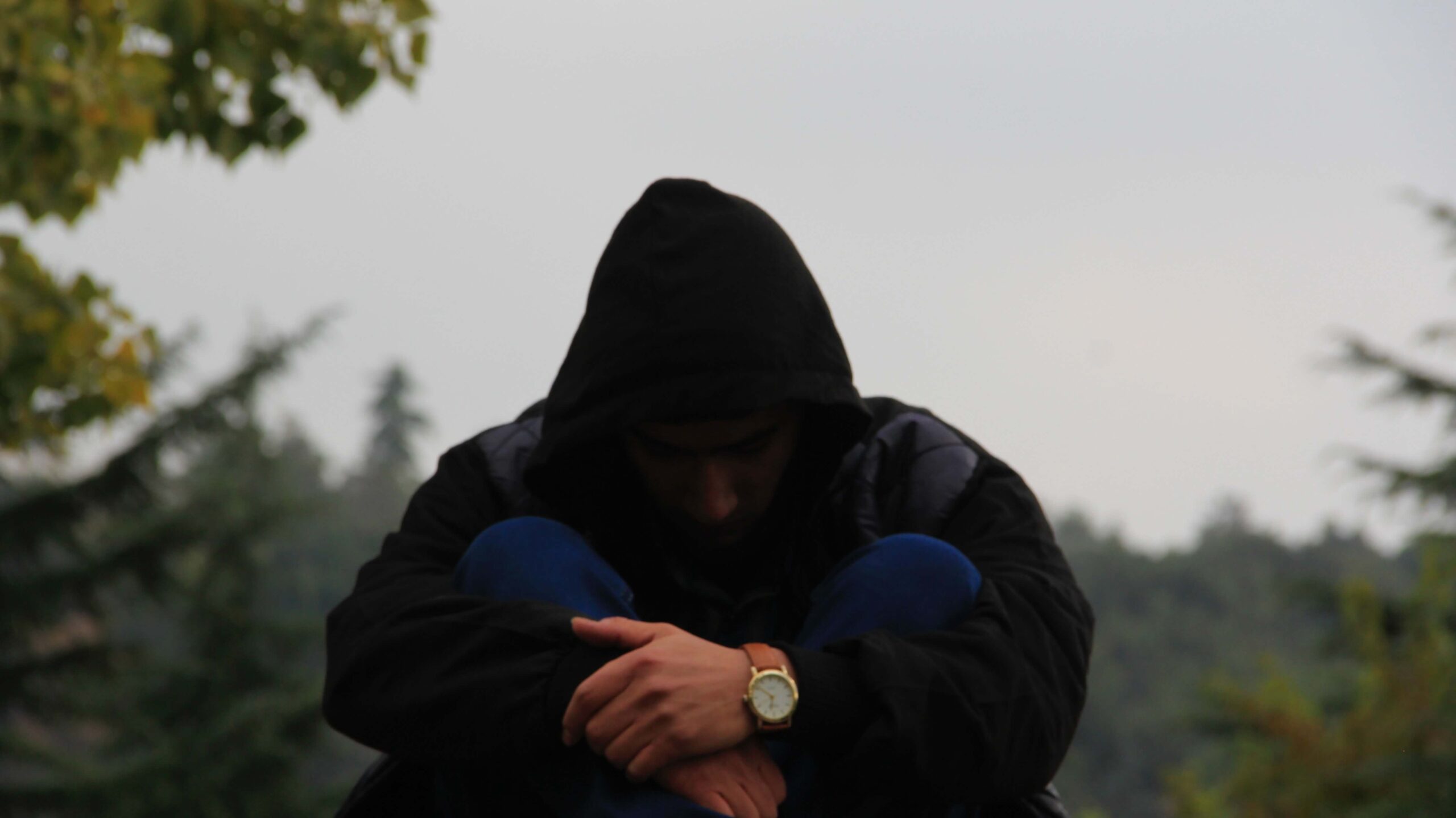Perspective and research on what causes addiction changes over time, from the belief that addiction is an incurable genetic disorder to understanding that substance use targets the brain’s reward system. The causes of addiction can include risk factors, past trauma, genetics, environment, and exposure.
1. Risk Factors
Multiple factors contribute to a person’s likelihood of developing an addiction:
- Trauma, especially during childhood
- Family history of addiction
- Mental health disorders (addictive behaviors can become coping mechanisms)
- Peer pressure
- Lack of family involvement or social support
- Early use
- Taking a highly addictive drug may lead to developing an addiction faster than others
Drinking, using drugs, or engaging in addictive behaviors flood the brain with dopamine, a neurotransmitter that makes you feel good. Dopamine also regulates many bodily functions, including emotions, thoughts, motivation, and reward reinforcement. When a person continues to use a substance, the flood of dopamine reinforces the behavior, and the brain learns that repeating it feels good.
2. Past Trauma
Environmental conditions heavily influence the brain. Because of this, people with histories of trauma, especially during childhood, are more vulnerable to addiction. Trauma-focused research shows that positive relationships with parents and others are needed for healthy brain development, meaning when an environment becomes toxic or abusive, brain development becomes distorted. The person then adopts unhealthy coping behaviors to deal with the underlying emotions they have not processed from past trauma(s).
When a person adopts substance use or uses a specific behavior like gambling as a way to cope with past trauma, dopamine floods the brain and reinforces the behavior. Someone overwhelmed by unprocessed trauma is often unaware of the emotions they are attempting to avoid. Until they fully deal with past trauma, they will seek relief in whatever ways are known to work.
3. Genetics and Environment
There is a genetic link to addiction, though this alone does not mean you will become addicted to substances or behaviors. People with relatives who struggle with addiction are around 50% more likely to become addicted than someone without a genetic component. But, even with a genetic link to addictive behavior, environmental interventions such as after-school programs can help children develop other coping skills and habits. Environment can influence whether a young person will become addicted to substances or harmful behaviors as much as any other factor.
4. Exposure
Because the brain is still developing, early exposure to addictive substances or behaviors during childhood or adolescence can cause changes that lead to addiction. In part, this is because there is more opportunity over time for repeated use. Peer pressure, in addition to early exposure, increases the risk for children and teenagers significantly. The other element to consider is that, during adolescence, the brain is still defining coping skills used in adulthood. If using drugs or alcohol is the default coping skill for someone at age 13, the likelihood that they will use them in the future is much higher.
There is Hope in Recovery
Recovery can feel amazing, like being set free after a long period of despair. Maintaining your recovery may also, at times, be daunting as you find yourself replacing old habits and developing coping skills. It helps to have a plan for how you will approach relapsing, either to prevent it or to get back on track if relapse occurs.
Here are a few ways to help prevent relapse:
- Avoid High-Risk Situations – Going back to the old neighborhood or contacting friends who were participants or enablers of addictive behaviors can be highly risky to your recovery. Avoiding these situations and people may help you stay on track and avoid falling into old patterns.
- Stick to the Treatment Plan – Continue to see your therapist, attend support group meetings, take medications as prescribed, and monitor cravings. Often people may feel like they have their addiction under control, but changing deeply embedded behaviors takes time. Sticking with your treatment plan will provide you with the support you need to get through more difficult times.
- Get Professional Help – If you experience a relapse, the sooner you contact your therapist, sponsor, counselor, or medical provider for help, the sooner you can get back to recovery.
Relapsing during or after treatment is common and nothing to be ashamed of. Recovery is a journey. Breaking old patterns of behavior associated with addiction takes time. Once those patterns are identified, knowing what might trigger a relapse can help you get back on track or even prevent relapse before it happens. No single treatment type is guaranteed to be right for everyone, and a relapse might indicate that a different treatment method is needed.
Let us help you find the addiction therapist or counselor that’s right for you! Use our directory of vetting mental health professionals to locate a therapist by specialty, treatment type, state, city, or even insurance accepted.
